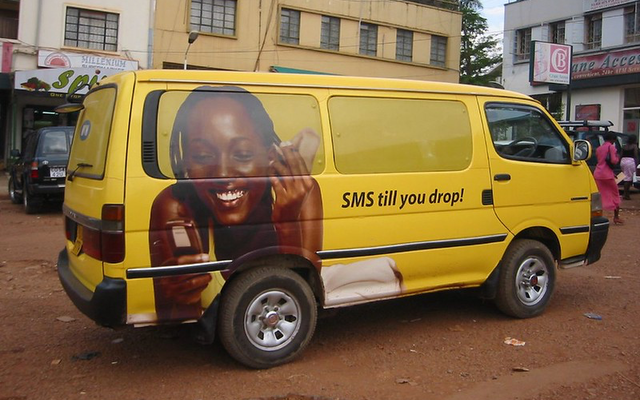How do people in poor countries use SMS text messaging in their daily life?
SMS (Short Message Service) text messaging is widely used by people in poor countries in their daily lives for a variety of purposes.
SMS text messaging is a powerful tool for communication and access to information and services in developing countries, and plays a crucial role in the daily lives of many people. For example:
- Communication: SMS text messaging is often used as a primary means of communication, especially in areas with limited or no access to other forms of communication, such as phone or internet.
- Banking and financial transactions: In many developing countries, people use SMS text messaging to access financial services, such as mobile banking, money transfers, and payments. This can be especially important for people who are unbanked or underbanked.
- Healthcare: SMS text messaging is often used to access health information and services, including telemedicine and disease surveillance. It can also be used to receive reminders for appointments and medication.
- Education: SMS text messaging is used to access educational resources, such as online courses and educational videos. It can also be used to receive updates and alerts about school closures, exams, and other important information.
- Social networking: SMS text messaging is used by many people in developing countries to stay connected with friends and family, and to share news and information.
A Free Catalogue of Affordable ICT4D Options
Smaller nonprofits and social enterprises often report outdated, small-scale data on their social impact to their donors and stakeholders. Instead, what if they...
8 Recommendations for Successful Development and Technology Organization Partnerships
In the ICT4D world we all talk often about working with the private sector, collaboration and partnership with technology companies. The truth is that beside the...
7 African Mobile Phone Service Tariffs and Bundles
Across Africa, telecom operators have started bundling voice, SMS, and data services to maintain revenues in light of the increasing popularity of VoIP and mobile...
Can SMS Text Messages Improve the Reading Outcomes in Papua New Guinea?
The aim of the SMS Story research project was to determine if daily mobile phone text message stories and lesson plans would improve children’s reading in Papua...
A $16 Billion Dollar Future in Feature Phone App Development
If you listen to Kennedy Kachwanya, African developers should be developing for smartphones, not feature phones. In fact, just last week, I was talking with Moses...
Did the Kenyan Elections Really Need 3 Maps, 7 Phone Numbers, and Several Web Forms?
We all knew it. We saw this coming in Haiti and talked about it in Egypt, when 5 Ushahidi maps popped out the day before the elections. But the Kenyan elections...
Open Standards Can Change Everything
February’s San Francisco Technology Salon centered around current technology challenges in the developing world. What are our current needs? What’s holding...
Teaching the Power of Text Messaging in Haiti
I am Neelley Hicks and I spend a lot of energy telling people about FrontlineSMS and how it can transform communications for those living without Internet in the...
The Best Mobile Data Collection System Exists: Choice is the Challenge
You might think that the topic of collecting data via mobile devices would be a rather dry discussion of data management and statistical methodology....
SMS Testing: Text Message Delivery Time and Reliability in Tanzania
var addthis_config = {"data_track_clickback":true};
I am Michael Benedict and while working with SMS-based applications I’ve noticed an air of mystery around...












